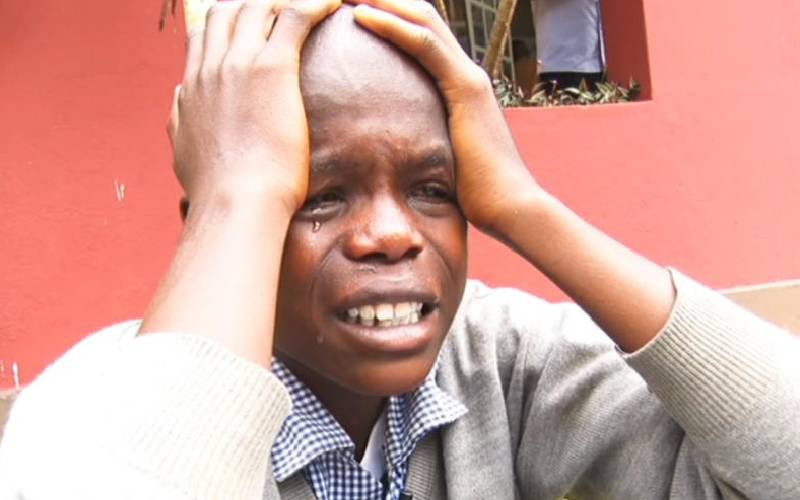
We are witnessing a very large number of learners who excelled in the 2023 Kenya Certificate of Primary Education (KCPE) examinations but are on the verge of failing to report to secondary school.
Over 1.4 million pupils sat the 2023 KCPE examinations, 8,525 scored between 400 to 500 marks, 352,783 scored between 300 to 399 marks, 658,278 scored between 200 to 299 marks and 385,085 scored between one to 199 marks. This means that close to 70 per cent of all learners who sat the 2023 KCPE managed to secure places in Form One. This is according to the Kenya National Examinations Council report of December, 2023.